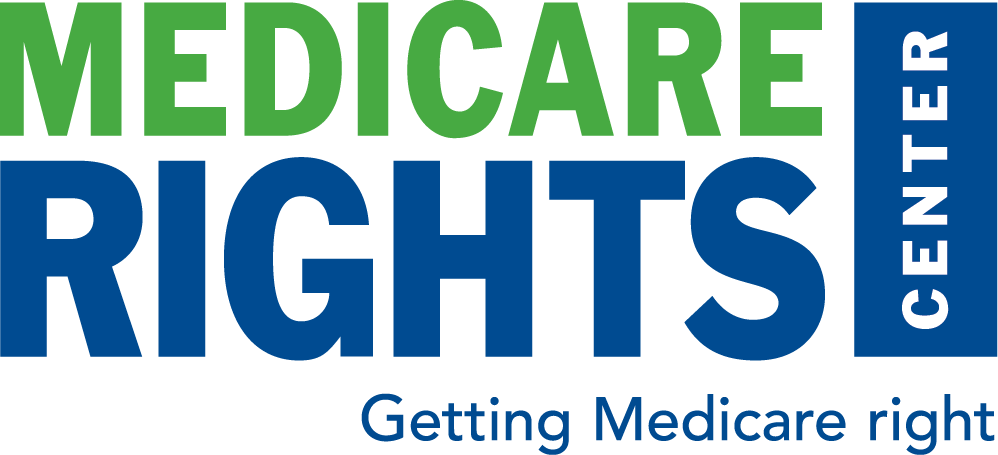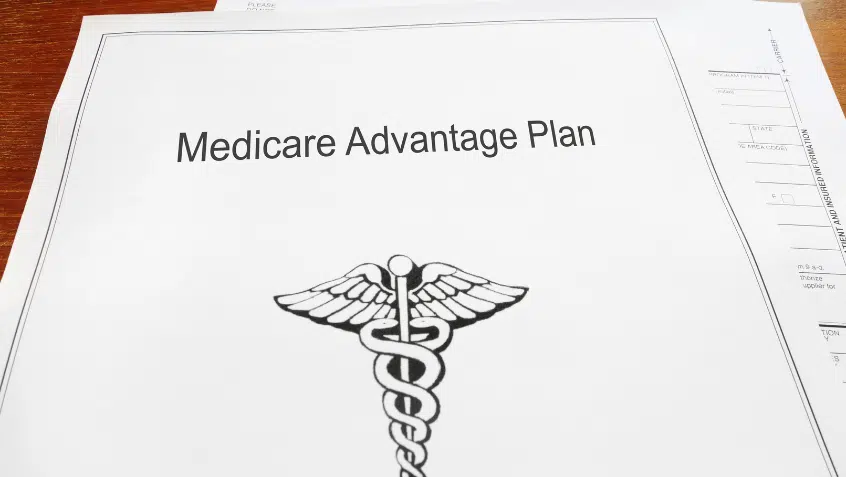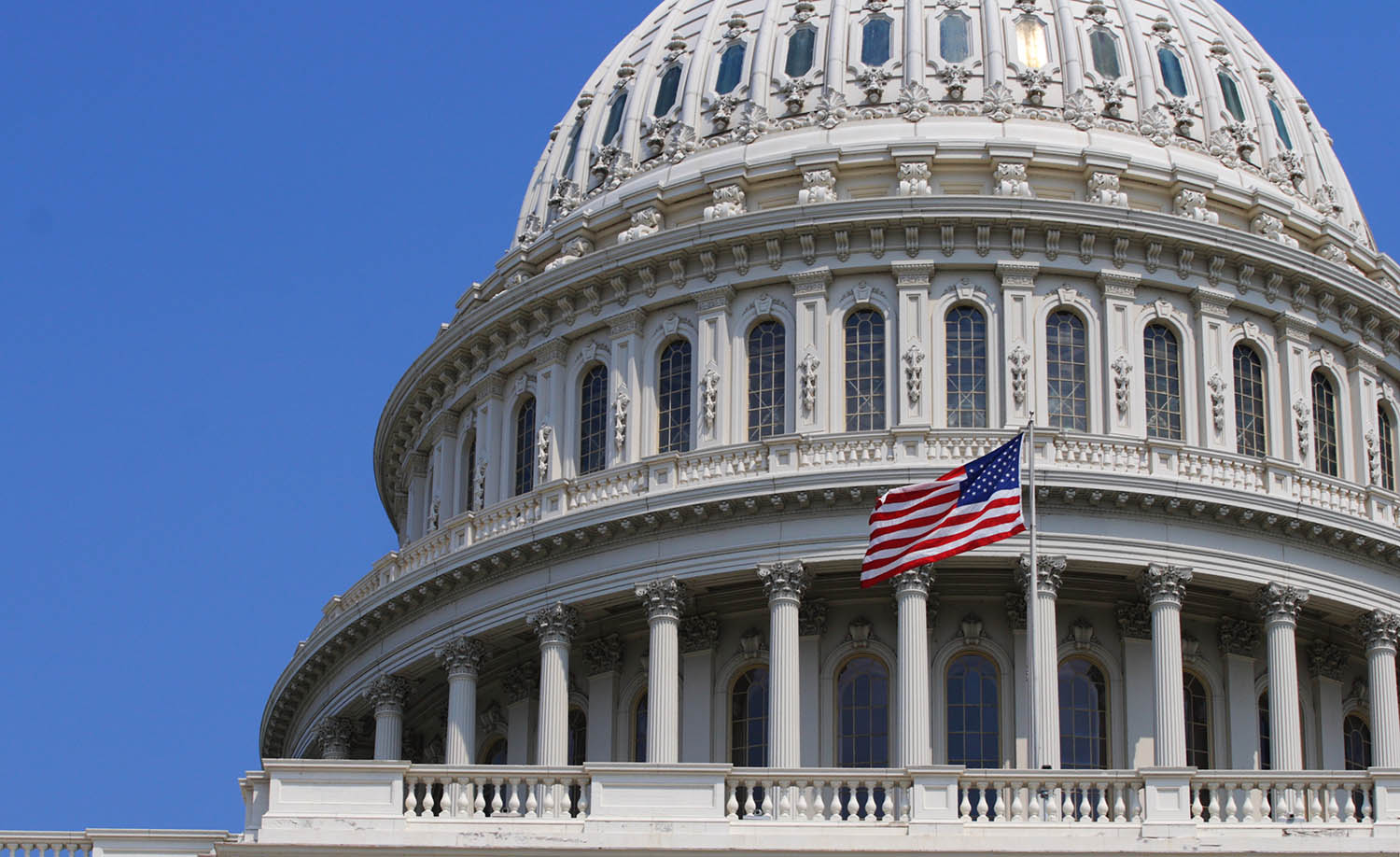
This week, two prominent policy organizations published articles on how the American Health Care Act (AHCA)—the Republican bill put forward to repeal the Affordable Care Act (ACA)—would change the Medicare program. The Kaiser Family Foundation (KFF) and the Center on Budget and Policy Priorities (CBPP) identify the AHCA’s Medicare provisions and illustrate the potential impact of the changes.
Often overlooked, the ACA’s many Medicare provisions altered both the financing and services of the program, including the closing of the Part D prescription drug “donut hole,” the addition of no-cost preventative services, and a small additional Medicare payroll tax on the highest earners. While the AHCA does not address the first two provisions, it does eliminate the additional payroll tax.
As noted by the KFF:[x_blockquote cite=”” type=”left”]The Medicare Part A trust fund pays for hospital, skilled nursing facility, home health and hospice benefits. Under current law, Part A is financed primarily through a 2.9% tax on earnings paid by employers and employees (1.45% each). The ACA increased the payroll tax for a minority of taxpayers with relatively high incomes—those earning more than $200,000/individual and $250,000/couple—by 0.9 percentage points.[/x_blockquote]Both CBPP and KFF identify repeal of this tax as significant for the program’s financial outlook. The organizations point to a report from the non-partisan Joint Committee on Taxation that this repeal would cut federal revenues by $117 billion between 2017 and 2026.
Because only the top 1% of earners are subject to this tax, the benefits of the tax cut would go to the highest earning households. But the impact would be felt in Medicare’s long-term financing. Actuarial experts suggest such a cut would likely lead the Medicare Part A Trust Fund to become insolvent three years earlier than projected.
In addition to the tax cut, there would be another significant Medicare impact from the AHCA. This week, the Congressional Budget Office (CBO) estimated that 24 million people would lose health insurance if the AHCA were passed. Medicare pays what are called “disproportionate share hospital” payments to hospitals with many uninsured patients. As the AHCA leads more people to become uninsured, these Medicare payments would increase by $43 billion over the coming decade. Like the tax cut, this would impact the long-term health of Medicare.
The Latest
Most Read
Add Medicare to Your Inbox
Sign up to receive Medicare news, policy developments, and other useful updates from the Medicare Rights.









